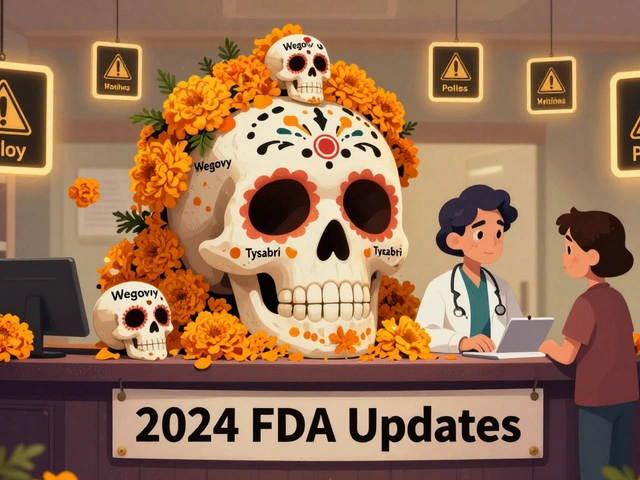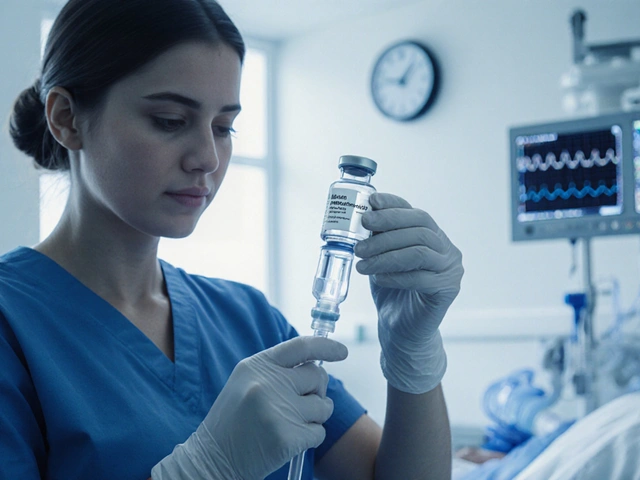Rifamycin drugs: what they do and what to watch for
Rifamycin drugs (rifampin, rifabutin, rifapentine) are powerful antibiotics used mainly against tuberculosis and some other serious infections. They work by blocking bacterial RNA synthesis, which makes them fast and effective against certain bacteria. If your doctor prescribes one, it helps to know why they chose it and what to expect.
Key uses and differences
Rifampin (sometimes called rifampicin) is the most common. Doctors use it for active TB, as part of combination therapy, and sometimes as short-term prophylaxis for close contacts of meningococcal or Haemophilus influenzae cases. Rifapentine has a longer half-life and is used in specific TB regimens, including some once-weekly options for latent TB. Rifabutin is similar but chosen when drug interactions with HIV medicines are a concern — it tends to interact less than rifampin with certain antiretrovirals.
All three are prescription-only and normally given with other antibiotics to prevent resistance. Never use a rifamycin alone for TB treatment.
Side effects, interactions, and practical safety tips
Common side effects are usually mild: nausea, stomach upset, and a harmless orange-red tint to urine, sweat, and tears. That staining can ruin soft contact lenses, so switch to glasses while on therapy if you wear contacts. More serious issues include liver injury — your doctor may check liver tests before and during treatment — and rare allergic reactions.
Drug interactions are the big deal with rifamycins. These drugs strongly activate liver enzymes (CYP450), which lowers levels of many medicines. That can make birth control pills, warfarin, certain HIV drugs, some antifungals, and many statins less effective. If you take other meds, tell your clinician before starting a rifamycin so doses can be adjusted or alternatives chosen.
If you miss a dose, follow your prescriber's advice. Don’t double up without checking. Stopping early raises the risk of resistance, especially with TB.
If you’re pregnant or breastfeeding, talk to your doctor. Rifampin is sometimes used in pregnancy when benefits outweigh risks, but it can interact with other pregnancy meds. Breastfeeding is generally allowed with monitoring, but ask first.
Practical buying tip: rifamycins are prescription drugs. Buy only from licensed pharmacies and never from dubious sites offering no prescription. Counterfeit or substandard antibiotics raise the risk of treatment failure and resistance.
Quick checklist for patients: get baseline liver tests if your doctor asks, tell them all medicines you take (including supplements), expect orange discolored fluids, and keep the full course until your provider says stop. If you notice severe abdominal pain, jaundice, or allergic signs — call your provider right away.
Rifamycin drugs are extremely useful when used properly. Know the risks, watch for interactions, and follow your treatment plan to get the best results.

Struggling with the cost of Xifaxan for IBS? This article digs into rifamycin class drug options, insurance strategies, and patient-assistance hacks to help cut your out-of-pocket spending. You’ll find practical advice, real-world tips, and learn about programs that actually work. Get clear, actionable information about finding affordable antibiotics for IBS. Don’t settle for high prices—or less effective treatment. Start saving (and feeling better) today.
Chris Gore Apr 30, 2025




